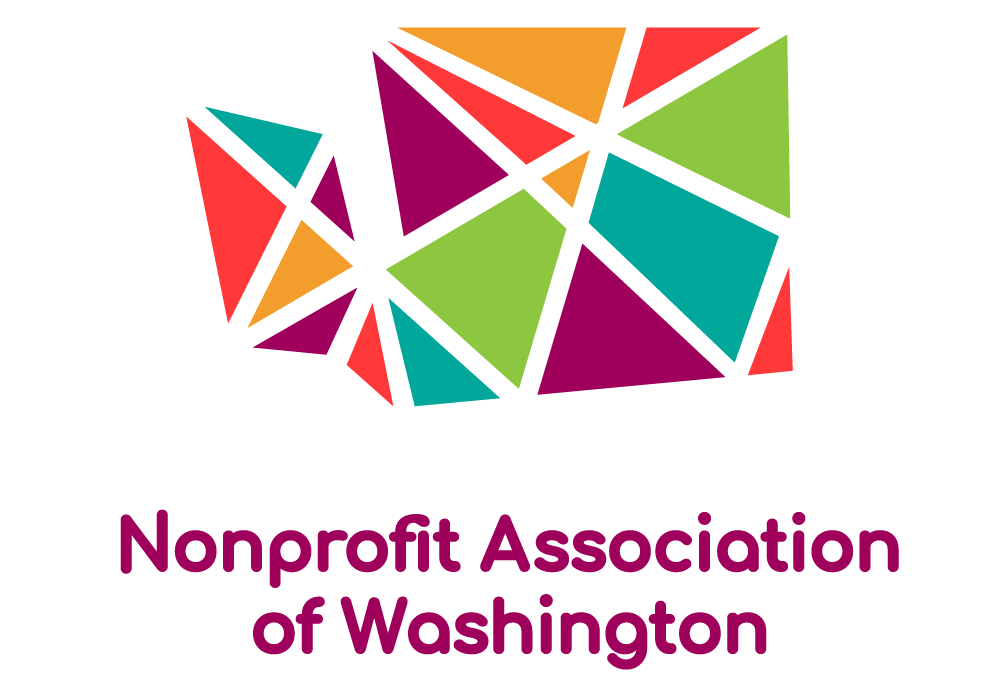Many nonprofits have hired or are considering hiring one or more Diversity, Equity, and Inclusion (DEI) specialists to lead efforts to make their organization more equitable. This work can be harrowing when an organization is not prepared to back up their chosen DEI team member when discomfort or conflict arise. Our Equity Ambassadors came together to compile some tips for supporting a DEI professional on your team.
History of Diversity, Equity, & Inclusion (DEI) Programs in the Workplace
According to Global Research and Consulting for Berkeley, “the number of DEI-related job postings increased by 123% between May and September of 2020.”
Although much attention has been drawn to DEI in recent years, the DEI profession has been around for much longer than that. The report goes on to state, “workplace diversity training first emerged in the mid-1960s following the introduction of equal employment laws and affirmative action. Prior to this, many companies had known histories of racial discrimination. These new laws prompted companies to start diversity training programs that would help employees adjust to working in more integrated offices.”
Recently, many nonprofit Executive Directors and boards have only begun hiring for DEI and EDI positions and are just beginning to navigate their responsibility for supporting this position. However, this work can often be harrowing for those in these positions as trauma surfaces. Due to this reality, it can sometimes be helpful to source pointers on how to best advocate for your DEI staff.
Tips for Supporting Equity Work
We asked Executive Directors and staff to share their experience and strategies for effectively supporting Diversity, Equity, and Inclusion staff. Have you created new evaluation procedures, strategies, or ensured voting power for the DEI staff? The entire staff should expect to shoulder some of the responsibilities for this work so DEI staff don’t burn out in the face of often daunting interactions.
NAWA’s 2nd Cohort of Equity Ambassadors has discussed some of the feedback they have received from the DEI groups they had the honor of being a part of in 2022. Here we share some of recommended tips for ensuring the success of this work: some straightforward ways Executive Directors can bolster their DEI staff.
- Executive Directors should be prepared to provide unequivocal support for DEI staff, especially in the presence of public pushback. There have been instances of real opposition to this work concerning public “discomfort” with the vital conversations about equity, so it is essential to prepare for possible conflicts that could arise.
- Ensure your DEI staff has voting power with decision making. A voice at the table is as important as a seat at the table. DEI staff should be invited to give updates on their concerns for this work.
- Ensure DEI staff have access to professional self-care resources including NAWA’s virtual session “Bringing Healing To Our Equity Work”. The thoughtful discussions in this Train the Trainer session could be both illuminating and validating not just for DEI staff, but for nonprofit leadership as well. Visit the NAWA calendar for details on the next session of Train the Trainer: Unlock the Potential of the People You Train.
- Review institutional strategies periodically to ensure DEI tenets are included in the language and practically applied.
- Staff should be prepared for the “floodgates to release” with the intensity of this work when discussions of equity arise. This work is heart work that requires thoughtful leadership to validate the concerns of DEI staff, especially where their safety is concerned.
- Recognize that some words including “equity” and even “DEI” can be perceived as inflammatory. This can present challenges as DEI staff try to navigate semantics to effectively do this work. Encouraging this forthright language is vital for clear communication to explain the necessity of this work and to achieve the end goal of equity.
- All staff should be prepared for the discomfort that comes with this It can be more manageable for staff if this information is “frontloaded” when initially hiring for the DEI position. The problems are systemic, and as they arise in discussion it can feel like many new issues. However, it’s important to recognize the problems existed under the surface for as long as there were not safe forums for open discussion.
- Consider the very real security implications for hiring DEI staff to ensure their professional safety. In DEI support groups many staff have discussed being threatened in doing this work and require safe spaces with reliable and ongoing advocacy.
A former Executive Director for the Opportunity Council shared that ‘making sure [DEI] staff’s input and ideas are publicly acknowledged (a pat on the back) and taking time to check in privately can make such a difference’ in morale and potential longevity in this work.
We look forward to continuing this discussion and sharing tips as we continue this important work towards diversifying our organizations. Join us on the #Equity channel in NAWA’s Community Slack to share any feedback or insights you may have on this topic. Executive Directors’ input and DEI staff’s tips based on your experiences are appreciated!
